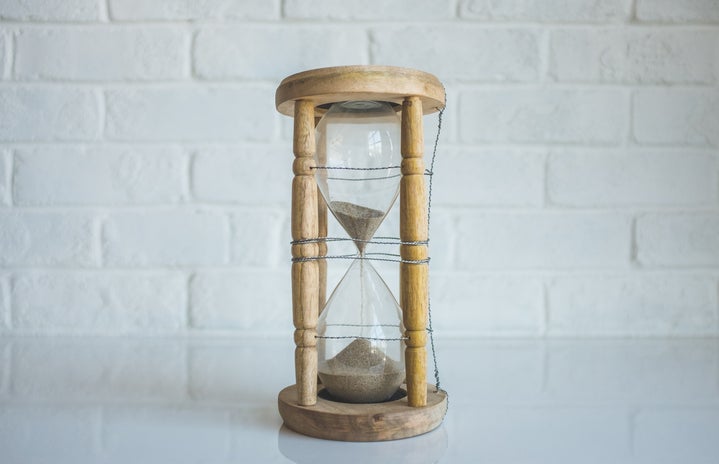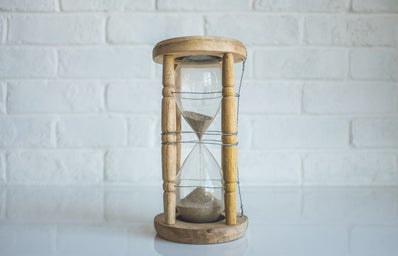Jan Beatty came to Chatham University on February 1, 2017 to visit the Creative Writing I class and discuss her newest book of poems, Jackknife: New and Selected Poems. Its release date is February 15, 2017. Jan Beatty gave some advice and words of wisdom that can apply to poetry and/or real life. Here are 10 of the best advice she gave the class in no particular order:
- “In poetry, ya know, you can lie, which I recommend.”
Jan Beatty recommended lying in poetry because sometimes it becomes more interesting to read. I personally have in the past combined two crush stories into one. Maybe one event I talked about has actually happened to me, but not with the person I’m talking about in this particular poem.
- Some parents don’t like their children majoring in creative writing, but you’re an artist. You got to listen to that voice and do what you got to do.
There are a lot of people that are looked down upon for choosing a major or a profession in the arts. It’s not the steadiest field out there, but you can’t let others dictate your life. You are an artist. If you are willing to work hard and hone your skills as an artist, then go for it. I personally have told myself before coming to college that majoring in creative writing is stupid, but I’m doing it now. I don’t want to regret not going for my dreams.
- Sometimes you have to just go with the inspiration.
Jan Beatty has been inspired countless times by music. She just goes with it. Inspiration can come from anywhere and at any time. I usually don’t remember my dreams, but when I do they are amazing story ideas. I started leaving a journal next to my bed just for that reason. Also eavesdropping on conversations have sparked something for me sometimes. You never know.
- When inspiration hits you for a poem and when you write it it lies flat, maybe it’s not time yet to write it. Save it.
Jan Beatty has went through that inspiration spark, but when she wrote it it didn’t come out quite as she wanted it to. That’s okay. She advises that you keep it and give it time. It might not be the right moment to write it. Maybe it needs something else to compliment it or you must go through more in life before you can write it correctly.
- “Be nice to yourself because life is hard.”
It’s difficult to remember that you deserve as much kindness as you give out. Life has its ups and downs, and you have to be your own cheerleader and nurturer always.
- “Don’t get drunk before you read.”
As funny as this sounds, Jan Beatty used to do drugs and drink before a reading to get that false sense of security. She did one reading completely sober and people told her she did better that night that the others when she wasn’t. You have to have your own confidence not the one that you get at the end of the bottle.
- It’s harder to write poems of praise because it’s uncomfortable and complicated feeling, the positive that is.
This isn’t advice, but I found this to be interesting. Jan Beatty found that writing about positive feelings and poems of praise are harder than writing about negative feelings. You know exactly how you feel with the negative, but the positive is difficult to take. It’s complex and people tend to be afraid of it. I can’t write the positive without at least integrating it with the negative unless I’m writing the poem about someone or something that is not me.
- “I think everyone needs therapy. Don’t wait until a crisis to go to therapy.”
I would say this is debatable. I believe it is important to have a person to vent to, but I personally don’t want to talk to anyone I don’t know. I will say that Jan Beatty is right in not waiting until a crisis to get help. When you’re happy is probably one of the best times to seek therapy. You can catch anything wrong before it becomes a problem.
- Ground your poem in the first few lines. Clarity is important at least in the beginning.
Jan Beatty tends to establish the setting and set up in the first few lines of her poem as to not confuse the reader. It’s easy to get tangled up in the beauty of words and phrases that you lose the reader. There have been quite a few poems that I put down because of that very reason. I don’t like to feel confused. Being clever is different than being confusing.
- You have the right to write whatever you want. You can write a poem to make you look like a jerk.
This is probably one of the most important pieces of advice. You set the limit and draw the line. No one else do. If you want to write it, do it. I would say trigger warn though. That goes for writing and life choices.


